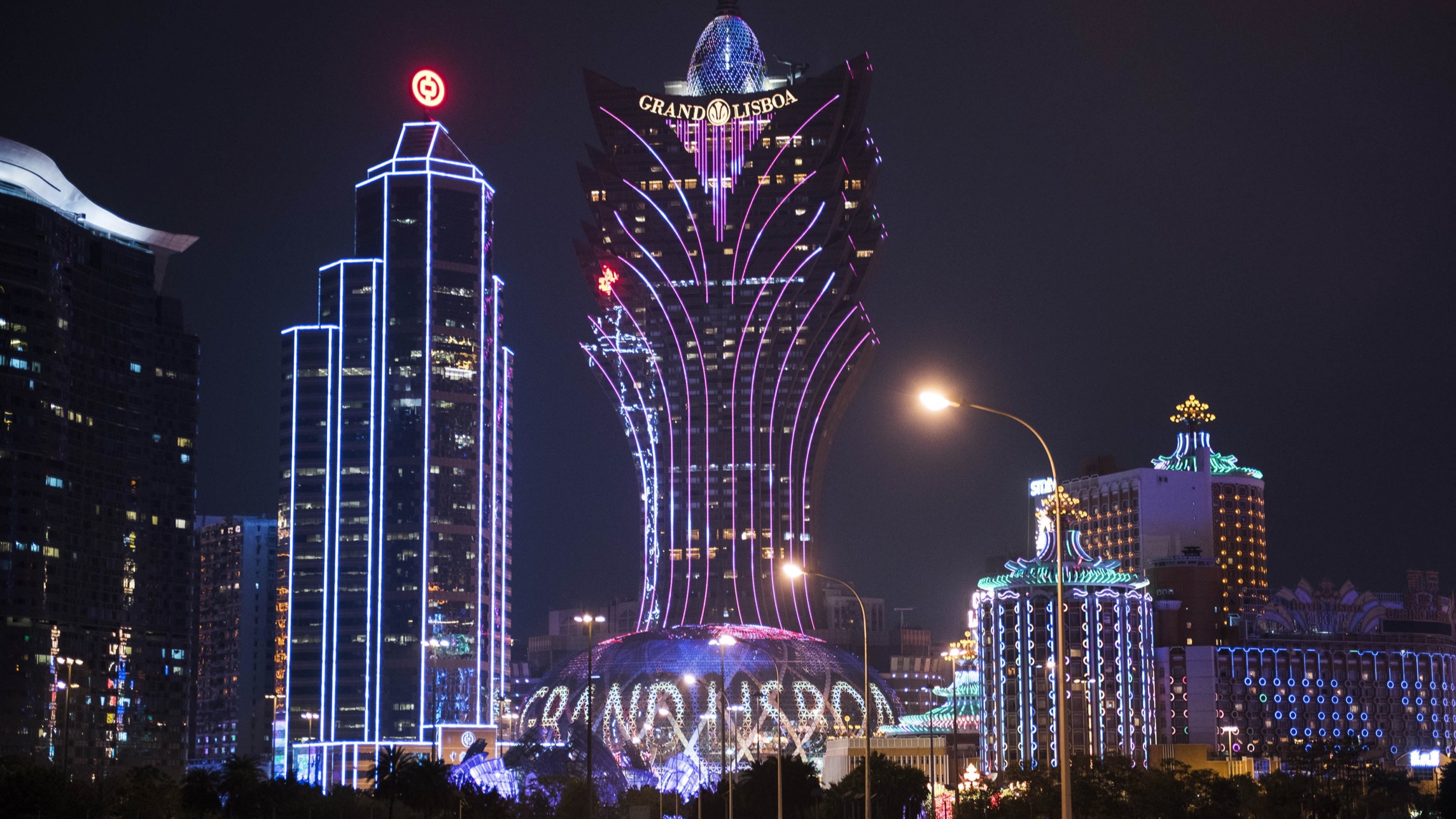
Gambling games have long been a fascinating entertainment option, drawing millions of players from different cultures around the globe. From the lively casinos of the Strip to the thriving gambling halls of the Chinese gambling capital, these games serve as a bridge that connects people across different backgrounds. The allure of chance, skill, and risk entices not only those looking to strike it rich but also those in search of a feeling of belonging.
The influence of casino games extends far beyond the gaming floor. They often represent the social norms and traditions of the societies in which they prosper. Games such as poker, 21, and the wheel game have woven themselves into the mosaic of popular culture, influencing everything from movies to style. As we explore this intriguing intersection of chance and culture, we can gain insights into how these games shape and are shaped by the world around us.
Historical Evolution of Gambling Activities
The roots of gaming activities can be followed back to historical civilizations, where gambling in multiple forms was extensively engaged in. In China, around two thousand three hundred years before Christ, a form of gambling known as Keno was common, while in ancient the Roman Empire, soldiers would often bet on the outcomes of their contests. The idea of using luck for fun and income evolved over the ages, leading to the creation of more structured activities. By the end of the Middle Ages, betting houses began to emerge in Europe, particularly in the Italian peninsula, which introduced early incarnations of famous games still played today.
As betting gained fame in European regions, the 17th and 18th centuries saw the emergence of gambling establishments as dedicated venues for gambling. The earliest official gaming venue, the Ridotto, was set up in Venice in sixteen thirty-eight, featuring games like the game of Baccarat and Faro. vb88 com This time marked a major pivoting point, as gaming venues began to attract not just the elite but also the expanding middle-income class. The sophistication of activities evolved, leading to the development of new regulations and modifications that enriched the experience of players.
In the 19th century, the industrial age and transformations in societal norms further transformed the environment of gambling games. The arrival of the game of roulette and modern one-armed bandits drew a broader crowd, and gambling establishments became seen as acceptable recreation. This period witnessed the globalization of gambling, as casinos extended from the continent to the Western Hemisphere, culminating in the establishment of the famous Strip of Las Vegas in the 20th century. The progress of casino activities has persisted into the current era, integrating new technologies and digital platforms, rendering them open to a universal population.
## Cultural Significance within Various Communities
Casino games have significant cultural value within numerous communities around the world. For instance, in Las Vegas, the very essence of the urban landscape is woven around gambling establishments, where gaming is not just a recreational activity but a central aspect of leisure and community life. The dazzling lights and vibrant atmosphere attract millions, showcasing how casino games can shape local economies and cultural identities. This surrounding transforms the notion of leisure into an engaging encounter that shapes fashion, music, and even cinema.
In contrast, some cultures approach gambling with an air of caution, considering it through the lens of ethical considerations and tradition. For instance, in numerous Eastern communities, games like Mahjong and Pai Gow Poker are full of history and have significant social meanings. These games are often played during get-togethers and festivities, fostering collective connections and strengthening family ties. The act of engaging in these games goes past mere leisure, reflecting values such as honoring elders and the value of communal fun.
Meanwhile, in Western countries such as Monte Carlo and the Italian Peninsula, gambling activities serve as symbols of wealth and refinement. The elegant atmosphere of these establishments attracts both visitors and locals, upholding a sense of distinction and rarity. The art of Texas Hold’em and the tactical components of games like the game of baccarat are appreciated, molding interpersonal interactions and creating an allure that captivates a varied audience. This highlights how casino games can both reflect and influence societal views towards hazard, benefit, and social interaction.
Financial Influence and Travel Industry
Casino games play a significant role in the economic landscape of many regions, particularly those that rely heavily on visitor traffic. The revenue produced from gambling establishments fuels local financial systems, creating employment opportunities not only within the casinos but also but also in connected industries such as hotel management, restaurant services, and entertainment. This surge of tourists, drawn by the allure of gambling and the overall gaming environment, stimulates expenditure across multiple local enterprises, contributing to the economic vitality of the region.
The presence of casinos often leads to the construction of infrastructure, including lodging, transportation systems, and leisure amenities. These developments are essential in enhancing the overall tourist experience, making destinations more appealing to visitors. Additionally, many casinos contribute in local communities through sponsorship of activities and philanthropic activities, further integrating themselves into the community structure of the region. Such investment not only supports economic growth but also fosters a positive reputation of the gambling sector.
Furthermore, the global popularity of casino games drives competitive tourism, with locations vying to attract players from around the world. Iconic destinations like Las Vegas and Macau have become identifiable with gambling culture, drawing millions annually. This advantage encourages creativity and variety within the gambling sector, influencing trends in leisure and accommodation that resonate beyond their limits. The consequences of this tourism extend wide, impacting local economies and cultural exchanges on a worldwide scale.
